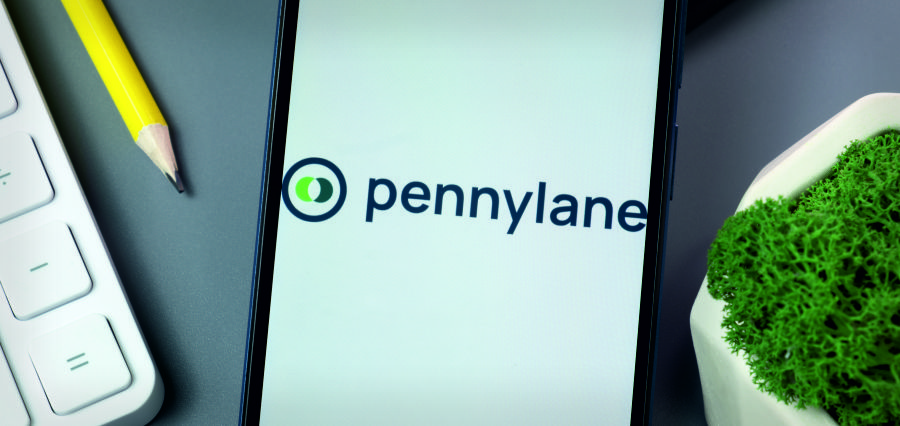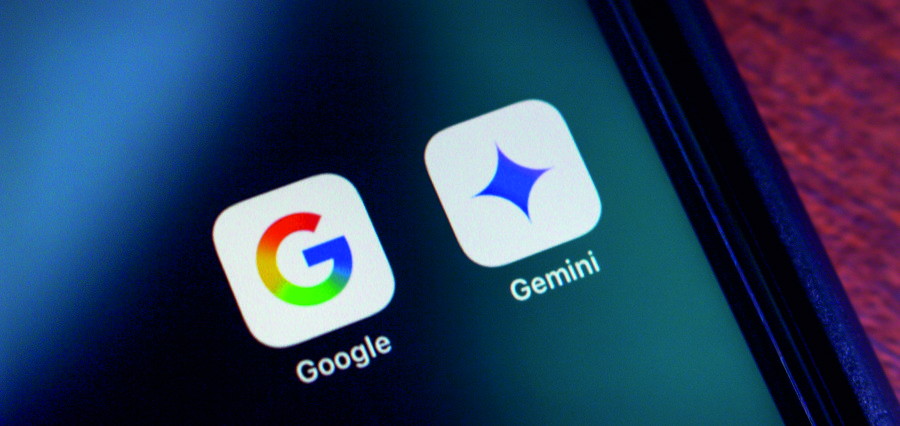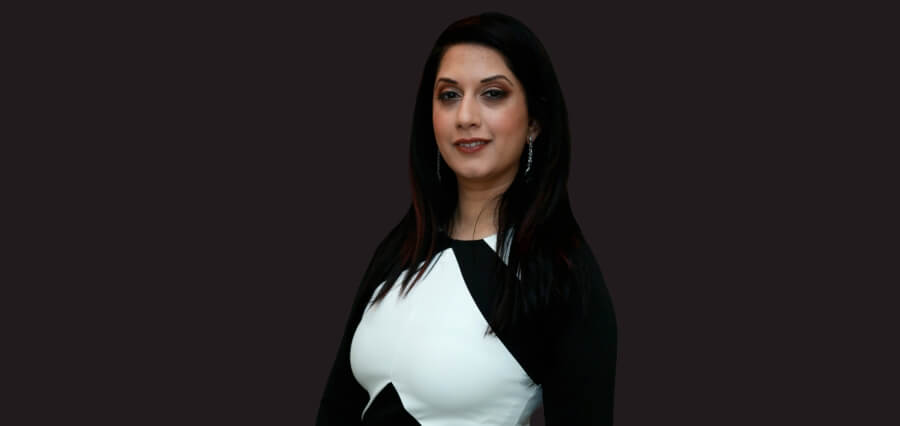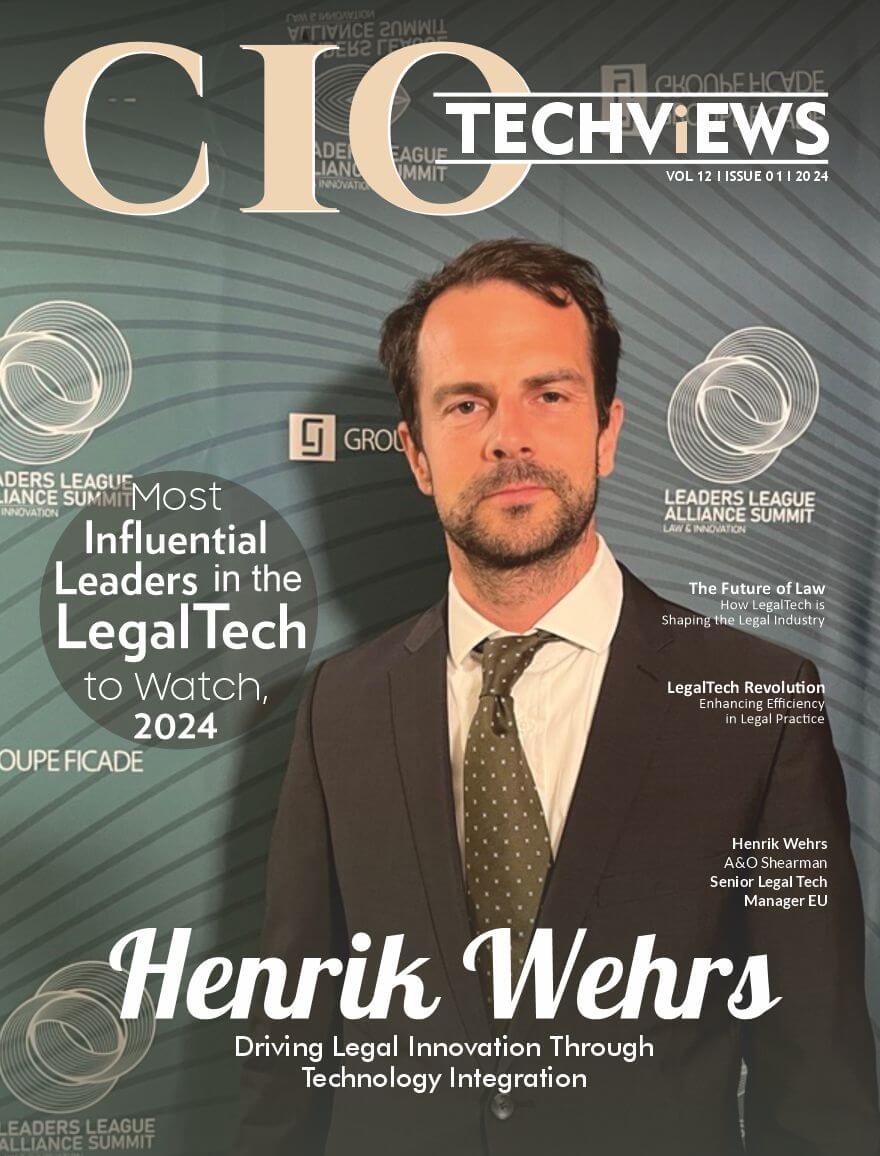There are many articles and opinion pieces out there that discuss emerging technologies. And, although they could be entertaining and somewhat informational, it is important, these days, to specifically touch on the matter of how these emerging technologies can revolutionize business, create or solve crises in the prevailing business environment, and act as tool to strategically plan actions that lead organizations in a better direction.
For many people who pay attention to the news and read online content, the subject of Web 3.0 has, seemingly, been beaten to death and left to hang there until someone makes sense of it. But at the root of this subject is, conceivably, the most important technological advancement in a generation. This is the concept of the blockchain.
Most people associate the blockchain with things like cryptocurrency and non-fungible tokens. It is often linked to something that is either not easily understandable, a pipedream, a scam, or simply just not relevant. But the truth is that this technology could not be further from that.
Without getting into details about how the blockchain works and the cryptography that underpins it, consider it a new form of internet or programming language. It is a platform that works radically different from anything that we know so far. For the most part, data isn’t stored in single place. Rather, it is replicated and duplicated across hundreds of thousands of machines around the world. This makes is decentralized, and as a result, an internet with no governing body. It makes it faster, safer, and more malleable. This concept of the blockchain has allowed creators around the world to produce a number of new innovations that apply to the business world. Cryptocurrency is one of those things (it uses blockchain as it’s basis).
Beyond cryptocurrency, the blockchain is used for a variety of different purposes. Smart contracts (electronic contrats that are automatically executed if a variety of conditions are met) are deployed on the blockchain, increasing efficiency and security for industries such as real estate and justice. The blockchain is used as the foundation for IP protection amongst the film, music, and entertainment industries. More than that, it is being used a platform for distribution, competing with the likes of YouTube and Spoitfy.
From a more intentional business perspective, the blockchain has become a system for integrating supplychain management in order to make the way vertical integration comes to fruition more safe, accurate and fast. Capitalization mechanisms, like public offerings, have become a staple in the blockchain world and a subject of endless media controversy as it tries to conform to standards set by regulatory bodies. This has brought on a revolution in our financial system as we know it, removing the need for banks and governing bodies through the creation of decentralized autonomous organizations. Blockchain is be coming the avenue for transactions, sales & purchases, investments, and complex financial vehicles.
It goes without saying that blockchain technology is at the forefront of a revolution. It was started by the people and is maintained by the people. And now, large companies, financial institutions, and even governments are getting on-board.
So how can entrepreneurs prepare for the coming change? Well, a question like that could be worth an entire book. But let’s focus on something simple. Let’s talk about marketing. Every business has to market and convey their message to their customers. So what is the single most important thing that a business can do in order to prepare for how marketing will change in Web 3.0 with the implementation of the blockchain? Well… we need to become proficient experts in marketing with Web 2.0 first.
In order clarify what this means, let’s define things a little bit. Way back in the day when the internet become a public commodity we dealt with Web 1.0. This basically means that the internet was one-directional. A group of people would create content and put it on the internet for others to consumer. In other words… websites were created. Following this we migrated into Web 2.0, which is what we are the most familiar with. This is a world where the internet is bi-directional. People can not only consume information on the internet, but they can contribute to it as well. Social media, blogs, video content, e-commerce, etc. This is all Web 2.0. With the advancement of Web 3.0 and the use of the blockchain we need to ensure that we understand how to market in Web 2.0 first. And we need to know how to do it well.
Marketing can be a fickle discipline and the endless battle between whether it is an art or a science rages on. But if we want to be prepared to grow our businesses in the future we need to have the capacity to take on and innovate with Web 3.0. However, this not something we can focus on if we are still trying to figure out the how to operate our social media channels, define our customers, and run paid & organic content. We are obligated, as business owners, to be experts at this so that we can satisfy our obligation to continue innovating and growing our businesses with the environment around us and ahead of us.
With all that being said, let’s focus on building businesses that are foundationally strong, operate like a flywheel, grow like a well-maintained plant, so that we can use our energies for innovating into the future using technology that is already here.
Read More : click Here
















